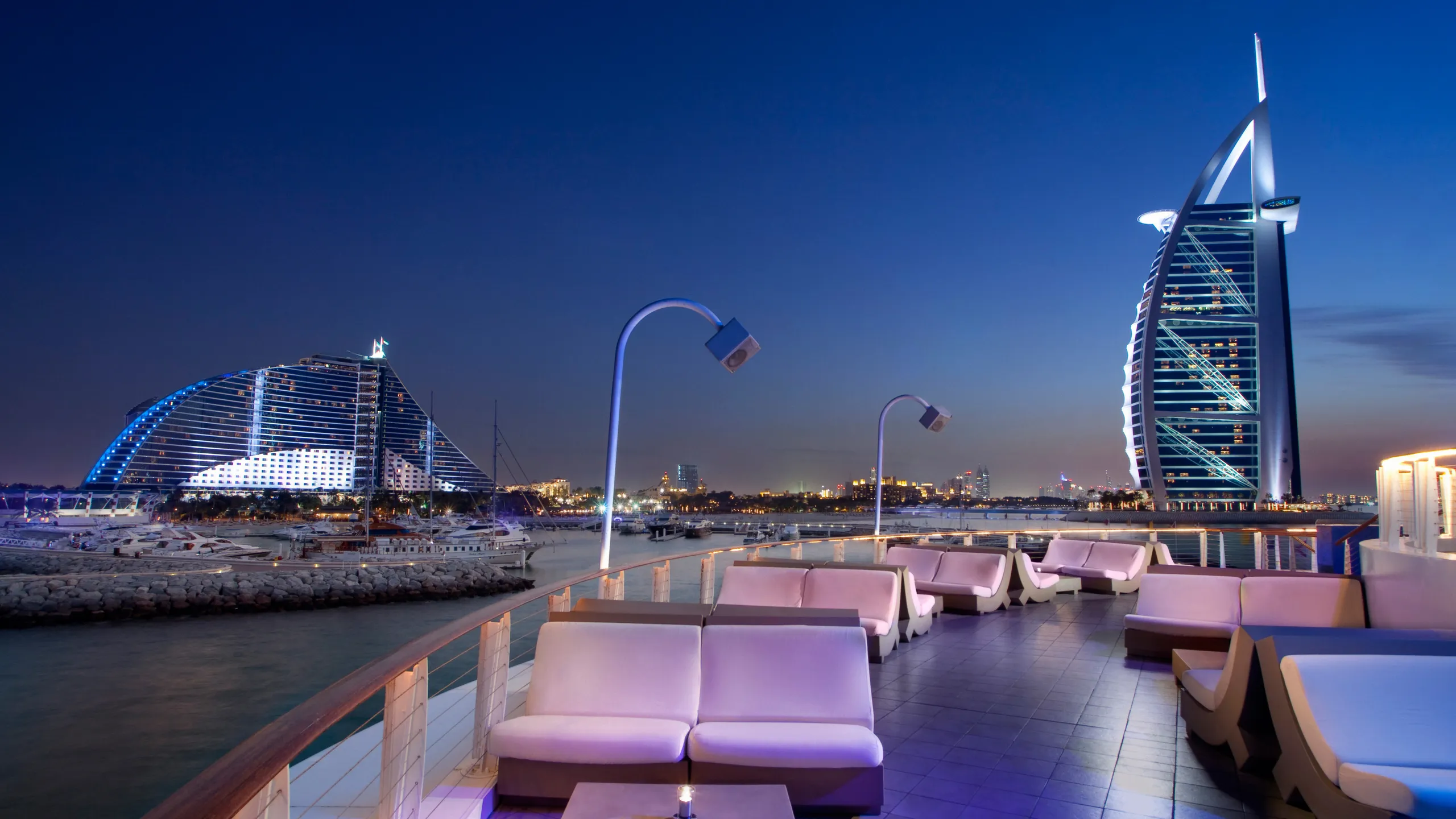Dubai’s relentless drive for innovation has made it a global leader in the adoption of transformative technologies. Among these, 360-degree virtual tours are changing the ways businesses engage customers, streamline operations, and foster their growth.
At USD 70.9 million for 2024, the UAE’s virtual tour market will grow at an annual rate of 34.6% until 2030, making this immersive tool an undeniable linchpin of success. Below, we will explain why these tours matter, their impact across industries, and how businesses can capitalize on this potential.
Why 360 Degree Virtual Tours Matter in Dubai
Dubai’s digital economy is one of the most competitive ones in the world and demands innovative approaches for any real differentiation. The 360 virtual tours serve to bridge the gap between physical and online experiences, giving the customers the chance to freely visit the spaces from any desired remote location.
This technology is then compliant with the algorithm updates by Google that favor interactive content, thus supporting local SEO. Thus, listings with 360-degree virtual tours have been shown to receive 85% more clicks than listings with ordinary, static images.
On the other hand, hotels utilizing these tours also experienced an increase of 40% in Google Street View visits, something quite important in a city that is formed almost entirely on first impressions; they engender trust and lower buyer hesitation, thus engaging visitors 5 to 10 times longer.
Benefits Across Industries
Real Estate
Dubai’s property market banks hugely on global investors, many of whom rely on virtual tools in their decision-making process. Some of the key benefits of this practice include:
- 85% increase in clicks for listings with tours.
- Five- to ten-fold increase in dwell time.
- Homes with tours sell 31% faster and 9% higher in price.
- AR virtual staging ensures that buyers visualize customized interiors, thus reducing disputes post-occupancy.
Top agencies like Emaar and Nakheel report shorter vacancy periods with higher-quality leads, thus proving the ROI of immersive marketing.
Hospitality
The luxury hotels and resorts in Dubai woo travelers through tours:- Hotels with virtual tours attract 40% more Google views.
- 30% shorter sales cycles as guests preview rooms and amenities.
- Rise in direct bookings leading to reduced reliance on OTA platforms, hence saving commission costs.
Atlantis The Palm claims that lower cancellation rates arise from guests experiencing the stay before confirming their booking.
Retail and Showrooms
Retailers are bringing online action offline, and vice versa:
- 20% increase in online sales for stores using tours.
- A Dubai cosmetics brand recorded a 45% increase in conversion through interactive product demos.
- Gamified virtual stores with shoppable hotspots increase time-on-site by 34%, increasing customer loyalty.
Mall of the Emirates and The Dubai Mall utilize tours to mimic in-store browsing, thus encouraging seamless integration into e-commerce.
Training an Educational Institute:
Training schools are now using these tours as global vectors to lure talent into their doors:
- Become part of the 258% increase in campus tour sign-ups after implementation.
- Online tours enable a student anywhere in the world to visit laboratories and dorms, which now adds an increase of 20% to overseas applications.
Implementing 360-degree Virtual Tours
- Look for big investment areas: show houses, flagship stores, or event locations.
- Choose a platform that is proven: Mobile-friendly, SEO-optimized solutions from Matterport and SeekBeak.
- Train your team: Staff members can get trained on editing tours, adding hotspots, and updating promotional banners.
- Share strategically: For instance, embed it on your website, your Google business profile, and your social media.
- Performance tracking: Monitor dwell time, click-through rate, and conversion metrics.
Overcoming Common Obstacles
- Phased roll-out: Running one tour at one property and then expanding it.
- Cloud subscriptions: Monthly plans on Cupix, for example, will cost little.
- Professional partnerships: Scanning would be professionally done by companies like Limina Studios, guaranteeing quality and seamless integration.
Future Trends
- AR overlays: Virtual furniture set-up or trying on of products will be made by users in real time.
- AI analytical: Heatmaps that record where viewers concentrate will make marketing strategies better.
- Streaming on the 5G Platform: Tours with ultra-high resolution will download instantaneously using mobile devices.
These 360-degree virtual tours are revolutionizing the way in which Dubai can realize its ambition to be at the global forefront of smart cities. Such examples uplift the concepts of urban planning by letting stakeholders visualize infrastructure projects before construction, for example, metro expansions or sustainable neighborhoods.
Conclusion
What sets the 360-degree virtual tours apart in Dubai is their power to turn passive interest into real purchasing decisions. Real estate and retail are just some of the industries in which this tool brings speedier conversions, higher transparency, and new revenue possibilities.
Great returns and high scalability at a quick pace make them indispensable for an advancing city towards the tech-forward future. Limina Studios offers end-to-end services, from 3D rendering through CGI to VR integration, for businesses in search of consulting or expert help. By utilizing Limina’s tailored service offerings, virtual tours are assured to meet Dubai’s digital ambitions as time is reduced in delivering measurable outcomes, in weeks, for your project that is high-end.






















